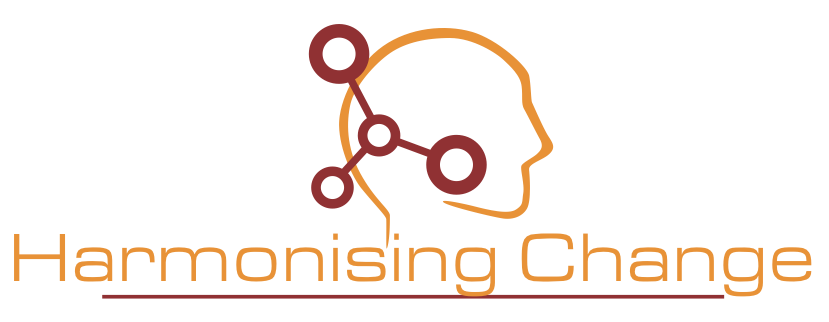
Real-time and historic data is key!
Change can occur suddenly and this makes navigating change a very complex task. However, with the right tools, change strategies can be designed and used to navigate through this more efficiently. One of these tools is using data.
Based on internal and external factors, your workforce’s behaviour pattern while interacting with different change elements and applications changes. To analyse patterns and avoid risk factors, organisations need to invest in tools to help them understand behaviour shifts in their employees and how it is impacting their bottom line.
By comparing historic data (collected data about past events and circumstances pertaining to a particular subject) and current data or real-time data (published within the 12-months immediately preceding the end of the data collection period) organisations are able to pin-point the shifts in behaviour. With this information organisations can now develop content that helps them adopt the change proactively.
For example, at the beginning of the pandemic, most people had to work remotely and many employees might’ve been excited to learn through online videos from the convenience of their home. However today, 2 years later, their inclination might’ve changed. Employees could now be pushing towards interactive training to learn on the job. This change in behaviour might be due to the prolonged captivity of the lockdown.
So as organisations discover trends like this they must deliver ways to accommodate the new behaviour.
It could encourage a change in process and immediate implementation of new processes. In this case, agility within the organisation is required to manage the employee’s needs. Here, the employees all have to adapt to change.
Data-driven decision-making is no longer a trend but a necessity to stay competitive. The difference between success and failure would be the way your organisation leverages data to gain insights, predict trends, and measure outcomes.
Contact us on info@harmonisingchange.co.za for more information on how we work with teams to build successful change management strategies.
Contact Harmonising Change here.



